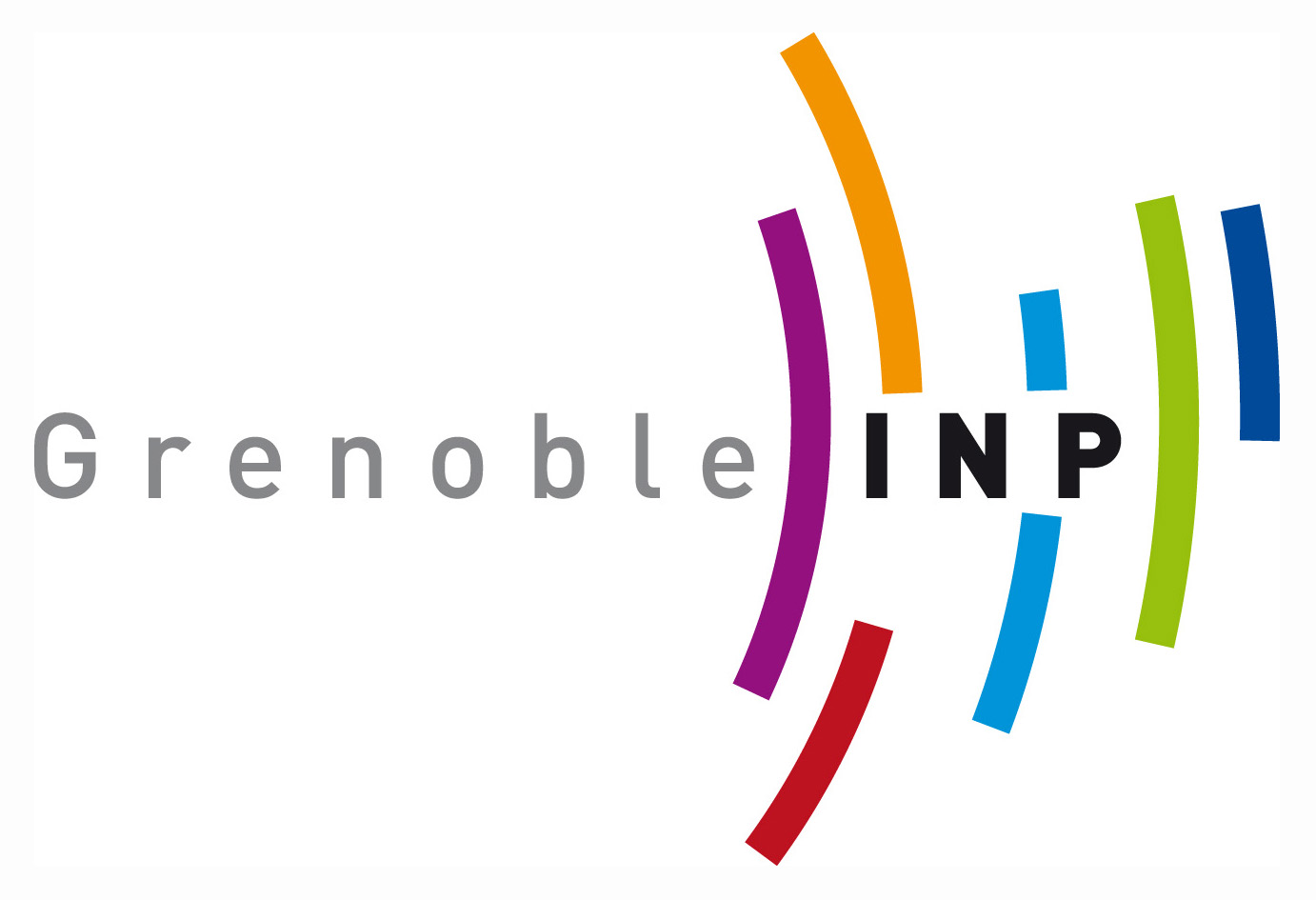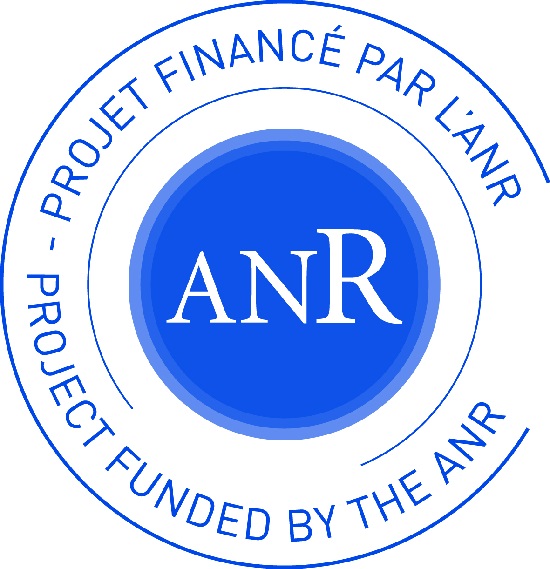In coordination with the technical program of ValueTools, 4 tutorials will be held, that are:
- Introduction to mean-field games and applications (Tembine Hamidou) Details
- Competition over popularity of content in social networks (Eitan Altman,) Details
- Delay Tolerant Networks (Francesco De Pellegrini) Details
- Socio-economic and legal Issues in the Internet: game theoretical models (Eitan Altman and Manjesh Kumar) Details
Tembine Hamidou
Highlights:
Recently there has been renewed interest in large-scale games in several research disciplines, with its uses in financial markets, biology, power grid and cloud networking. Classical work provides rich mathematical foundations and equilibrium concepts, but relatively little in the way of computational and representational insights that would allow game theory to scale up to large-scale systems. The rapidly emerging field of mean-field games is addressing such behavioral and algorithmic issues, and this tutorial course will provide a survey of developments so far.
The tutorial will be self-contained, assuming no prior knowledge of mean-field systems.
Outline:
A short history (de Finetti 1931, Wardrop 1952, Hewitt Savage 1955, Aumann 1964, Schmeidler 1973, Jovanovic & Rosenthal 1988, Benamou & Brenier 2000).
Static mean-field games. Applications: public good provisioning, power grid and beauty contest in financial markets.
Mean-field learning (partially distributed, fully distributed, no-feedback). Application: resource sharing in cloud networking.
Dynamic mean-field games. Applications: Access control, reaction to interference field in large-scale wireless networks.
Risk-sensitive players. Applications: How to flatten peak periods in smart grid?
Discussions, conclusions and future directions
Short Bio:
Hamidou Tembine is an assistant professor at Ecole Superieure d'Electricite (Supelec), France. His current research interests include evolutionary games, mean field stochastic games and applications. He was the recipient of many student grant awards, and best paper awards (ACM Valuetools 2007, IFIP Networking 2008, IEEE/ACM WiOpt 2009, IEEE Infocom Workshop 2011).
Eitan Altman
Highlights:
The course covers the following topics:
Models of propagation of content in networks: branching processes and epidemic models. Identification of various actors and actions that accelerate the propagation of content. Embedding, Sharing, Advertisement, the role of caching, publishers, recommendation graphs.
Models for deciding in which type of content to specialize. The connections to congestion games and crowding games.
Dynamic and semi-dynamic advertisement problems. Optimal control and stochastic game models. Taking into account information asymmetry. The case of full information, no-information and the case of private information. The case of linear utilities.
Competing over advertisement space. Related problems in operations research. The case of linear utilities.
Models for viewing content as a function of their popularity.
References:
d1-d6 in https://www-sop.inria.fr/members/Eitan.Altman/dodescaden.html
All six references are available for download.
Short bio:
Eitan Altman received the B.Sc. degree in electrical engineering (1984), the B.A. degree in physics (1984) and the Ph.D. degree in electrical engineering (1990), all from the Technion-Israel Institute, Haifa. In (1990) he further received his B.Mus. degree in music composition in Tel-Aviv university. Since 1990, Dr. Altman has been a researcher at INRIA (National research institute in computer science and control) in Sophia-Antipolis, France. He has been in the editorial boards of several scientific journals: Wireless Networks (WINET), Computer Networks (COMNET), Computer Communications (Comcom), J. Discrete Event Dynamic Systems (JDEDS), SIAM J. of Control and Optimisation (SICON), Stochastic Models, and Journal of Economy Dynamic and Control (JEDC). He received the best paper award in the Networking 2006, in Globecom 2007, in IFIP Wireless Days 2009 and in CNSM 2011 (Paris) conferences. His areas of interest include Network Engineering Games, social networks and their control. He received in 2012 the Grand Prix de France Telecom from the French Academy of Sciences. More information can be found at www-sop.inria.fr/members/Eitan.Altman/
Francesco De Pellegrini
Highlights:
Delay Tolerant Networks (DTN) have recently attracted the attention of the networking community because they work with no need of persistent connectivity. A message originated at a source node is delivered to the destination by means of intermediate relays. However, lack of connectivity is overcome at the expense of other resources, e.g., energy consumption of relay nodes. Furthermore, physical constraints related to the nodes' intermeeting patterns pose certain constraints on the delay of message delivery. This tutorial course will provide a survey of developments in the resources allocation for DTNs formulated as optimization problems.
Outline:
- Background on DTNs and relevant literature
- Forwarding control: homogeneous case
- Forwarding control: heterogeneous case
- Activation control
- Stochastic approximation and learning algorithms
- Risk-sensitive control
- Joint Forwarding and Coding
- Discussion on open issues and future directions
Short Bio:
Francesco De Pellegrini is a senior researcher and Deputy Area Head of the iNspire group at CREATE-NET. His research interests are location detection in sensor networks, multirate systems, routing, wireless mesh networks, VoIP, Ad Hoc and Delay Tolerant Networks. F. De Pellegrini has been a TPC member of IEEE Infocom and a reviewer for several international networking conferences and journals. He serves in the Steering Programm Commitee of Mobiquitous, and Complex Conferences. Francesco was the Vice-General chair for the first edition of Robocomm.
Eitan Altman and Manjesh Kumar
Highlights:
The talk focuses on modelling interactions between various actors in the telecommunication sector. This includes serevice providers, content providers, subscribers, the advertisement industry and the regulation organisms. We introduce definions of collusions along with the price of collusion. We use these to study horizontal and vertical monopolies in the telecommunication markets and their impact on the subscribers. We introduce various types of competition between the actors, and use cooperative game techniques to study potential impacts of regulation of the telecommunication industry on the various agents. The talk will include a background on network neutrality and on the current public consultation on that area launged last month by the European Union.
References:
https://www-sop.inria.fr/members/Eitan.Altman/nn.html










































